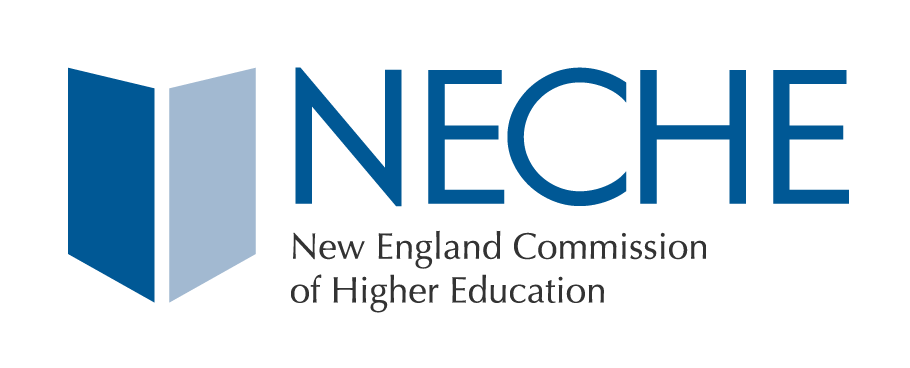
One of NECHE’s regular speakers at our Annual Meeting is Terry Hartle, longtime Senior Vice President for Government Relations at the American Council in Education (ACE). Terry spoke for an hour at our Presidents-only early morning breakfast session (BYO breakfast, of course, since we were all virtual), focusing on what we can expect out of Washington over the next year or two. I think I took some good notes and Terry has allowed me to share those with you here:
- There will be a series of Executive Actions taken very quickly, maybe even on Day One of the new administration, reversing Executive Actions taken by the former administration. Included in those we should expect re-signing the Paris Climate Accord, restoring DACA, rejoining the World Health Organization, and repealing the Muslim travel ban.
- A host of other issues will require regulatory changes and he expects many of those to take up to two years to implement. At the top of the list would be Title IX, Borrower Defense regulations that allow defrauded students to discharge loans, and Gainful Employment regulations that collect and make publicly available data on the economic return of certain programs.
- He also expects the administration to end a number of inquiries by the current administration into issues of race and academic freedom at such institutions as Yale, UCLA and Princeton. ACE will likely request that the guidance developed by the Obama administration on the use of race in admissions be re-instated. Last but not least, he noted that the Trump administration took some 400 actions restricting immigration, refugee status, and the issuance of visas and that as many of these as possible will be reversed (with a footnote about those involving China that are not likely to fully return to pre-Trump levels).
On the Biden administration’s higher education agenda are four big issues: increasing support to HBCU’s (and potentially HSI’s and Tribal Colleges); doubling Pell grants; addressing student loan forgiveness; and offering free college tuition.
- Terry walked us through each of these four initiatives, as well as the issues involved in trying to move them forward. Free college tuition, he believed, is the least likely to be advanced both because of its costs, but perhaps more critically, because there is simply no template for how this might happen, given that it would require each state to come on board. On the other hand, he noted that if Pell grants were doubled, the result would be to make community college tuition virtually free. No new legislation would be required here; it’s would be a matter of funding an additional $30B a year — which is no small amount. With regard to student loan forgiveness, there appears to be some debate about whether the Executive branch has the authority to do this without the approval of Congress (the Obama administration didn’t think it had that authority). The most common amount of loan forgiveness being talked about is $10,000 per student (there are 40 million people with student loans), at an estimated cost of $350B in one year. Terry shared his perspective here that while loan forgiveness is very popular among progressives (who are arguing for a $50,000 per student amount), in addition to its huge cost, forgiveness is both retroactive and likely to be regressive in its impact and, as a result, will be quite controversial.
- Terry also shared his thoughts on the political environment heading into 2021. No one will be surprised by what was on the top of his list – a very divided country. He pondered what the Republican response to Biden will be, given the very discouraging indications thus far, and made the point that getting a new government in place will take time. He specifically noted that in the USDOE, current staffing is far below what it was before Trump took office and it will take some time to re-build capacity there. He stressed that the top two priorities of this administration will be the economy and the pandemic. And finally he suggested everyone in politics will have an eye on the 2022 mid-term elections.
- Terry concluded his remarks by highlighting three huge issues facing higher education: the financial impacts of the pandemic; the vastly different perception of higher education between the two parties; and ever-increasing college costs and debt. With regard to that last one, he shared that in the last decade, salaries of college grads have decreased in real terms by 1%, the median income of families has grown by 4%, the sticker price of colleges and universities has gone up 22%, and the average debt per student has jumped 72%. Yes, you read that right. Even with the sticker price up 22% (and that means net price, so the actual price students pay is up far less than 22%), debt is up over 70%. That’s remarkable and incredibly daunting.
An enlightening hour with Terry Hartle, for sure.

